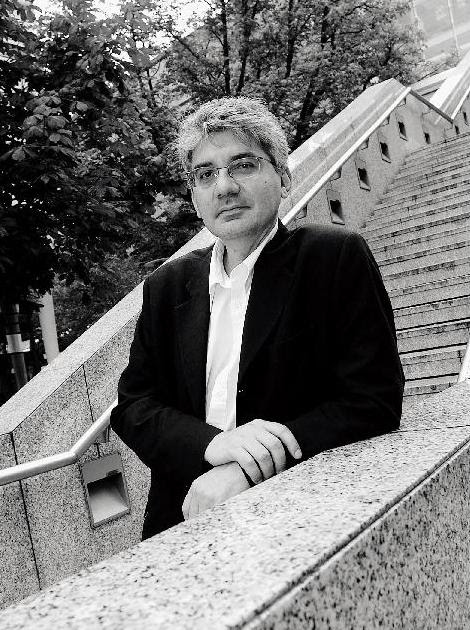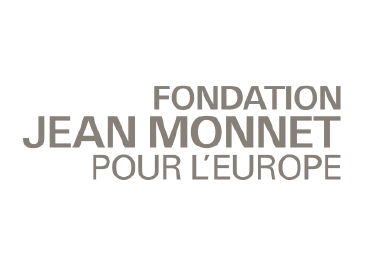The level of international openness of American students has been collapsing in a dangerous manner all along the last two decades. This situation has got worse in the last 10 years due to the gradual suppression of the US military presence in Europe which in fact played the role of a large-scale “youth exchange programme” (each year dozens of thousands of young Americans from all social origins could thus discover the “outer world”). In parallel to this, under various influences (among which ranks « school testing »), international contents in primary and secondary education have practically disappeared, resulting in the emergence of entire generations of US citizens totally unaware of the rest of the world. This trend is strengthened by US media’s parochialism.
Of course such trend affects US relations with all other continents; but it affects particularly transatlantic relations that used to be based upon large-scale population exchanges between the two shores of the ocean, enabling our synchronised visions of the world and of the future to be maintained. To make it short, in order to save the transatlantic relation in the long-term, it has become urgent to’save student Ryan’, lost as he is in his North-American maze!
Having had the opportunity to analyse this trend since 1991, I have been able to notice year after year the damage for the younger generations of Americans who no longer have, so to speak, the intellectual tools to understand the outer world. This tendency was reinforced during G. W. Bush’s first mandate, de facto advocating total disregard for opinions from the rest of the world and triggering actions designed to fuel strong anti-American feelings worldwide, which resulted in reducing significantly the amount of foreign students in American universities and in increasing US students’ anxiety to travel abroad. This simply results in cutting US new generations from any external influence.
In the framework of Tiesweb, these last years, I regularly discussed this growing problem with many US executives – academics or diplomats -, as well as students from different universities. Apart from the specifically US initiatives which are handicapped by today’s general inward-looking trend, it is urgent in Europe’s own interest to re-prime the « pump » and contribute to increase significantly the amount of US students visiting Europe. The European Union provides a unique academic frame which would enable US students spending 2 semesters in 2 different European universities, companies or regions, to discover what diversity means.
The common transatlantic interest, the need to increase EU understanding for the new US generations and the urge to avoid the intellectual inward-looking trends among US youth, call for the EU to launch rapidly such initiative. Fifty years ago, the US were pioneers with the large-scale programmes designed to open young generations’ and future elites’ minds (in particular those of post-war Europeans) and to promote the US image among these categories of age.
Today it is the Europeans’ turn to “return the favour” and launch the “Jean Monnet Transatlantic Grants » programme.
This grant programme should be ambitious: on the one hand because it is an emergency situation, and on the other hand because we’re talking about a 300 million-inhabitants country.
Taking advantage of George W. Bush’s visit to Europe, and knowing that there won’t be much for European (and US) leaders to offer in order to embody the vibrant speeches on the importance of the Transatlantic relation, it would be sensible to announce the launching by the EU of such large-scale project, a unilateral one but designed for the benefit of both sides, aiming at the future by targeting the youth, offering to our partner our most precious good: our diversity, made accessible from now on in an organised manner. The programme should reach 20,000 young Americans per year for at least 5 years (i.e. 100,000 by the end of the decade) for a significant generational impact ; this means a 50 million euro budget per year.
Announced by the Luxembourg presidency in February as a result of the meeting with G. W. Bush, approved by the European Parliament before summer, and implemented by the Commission (DG Relex) for a full launch at the beginning of 2006, this would be a two-fold demonstration of transatlantic seriousness and of European efficiency. As underlined a few days ago by French Minister of Foreign Affairs, Michel Barnier, when Europe 2020’s team shared with him this idea of a « Jean Monnet Transatlantic Grants » programme, it would be the devil if there weren’t in Brussels the few dozens of millions of euros needed for this type of initiative!
Let’s be aware of the fact that in the US, such decision coming from the EU would raise some very positive reactions among the academic and diplomatic spheres, students, multinational companies, and citizen networks, who are trying to fight against the decline of international education. And for President G. W. Bush, it would be a very tangible sign that Europeans and Americans are still ready to look to the future together and in the same direction.
Franck Biancheri, 19/01/2005
Director for Studies and Strategy Europe 2020, president TIESweb
Download PDF file: US International Education : Saving Student Ryan!





